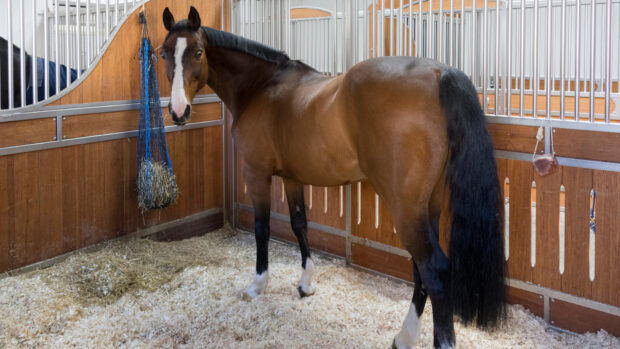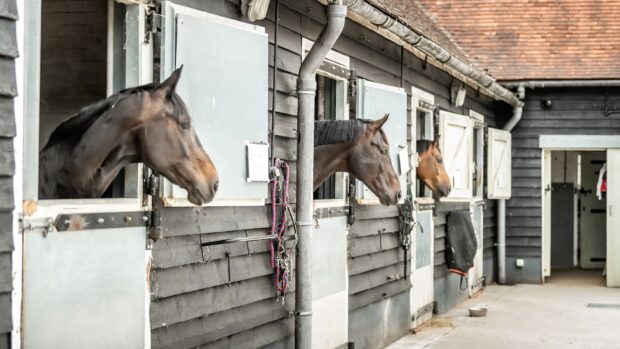Vets can play a key role in changing owners’ behaviour around equine welfare decisions.
Human behaviour change was one of the key topics at the British Equine Veterinary Association’s Congress (13-16 September), during which Sarah Freeman of the University of Nottingham gave a plenary lecture on “Changing hearts and minds”.
Professor Freeman highlighted key equine welfare concerns – namely, lack of biosecurity, delayed euthanasia, lack of owner knowledge and welfare needs, fear and stress from use, obesity – and how these can be addressed with a three-step approach: by using evidence-based medicine to determine the best clinical approach; understanding the factors that may influence owner decisions; and looking at how vets share information and improve awareness of welfare issues.
“The most striking thing about these five areas is that as vets we have the knowledge and skills to be able to address these issues, and yet they remain a major problem,” she said.
“The challenge for us as a profession is communicating the importance of these issues and how they should be tackled, to owners and to the wider equine community.”
Professor Freeman told H&H conversations need to take place between vets and owners about where each owner is on their “journey to change” – understanding what the problems and barriers are, such as owners’ finances or past experiences, and then tailoring the conversation for that individual.
“For example, if a vet wants an owner to implement an obesity management system, but the owner doesn’t know how to body condition score, doesn’t recognise that their horse is obese, or doesn’t understand the diseases associated with that, then having a conversation in which they say ‘You need to do this, this and this’, isn’t going to go anywhere,” she said.
“It’s about understanding where people are in terms of readiness to change, what they understand, and making sure the conversations are at the right level.”
Professor Freeman added that there is sometimes a need for owners to be able to discuss the advice they have received from their vet with others.
“Our work in the past looking at where owners get their information found that most of the information comes from their coach, or livery yard owner, and there’s a lot of word-of-mouth information. Sometimes this is great, but sometimes it’s not up to date. But what we can’t do is dismiss it, we have to say ‘What do you know, or what have you heard?’ and talk about it,” she said.
“It’s a cycle of giving information, talking about it, and giving them time to think about it. Maybe the owner needs to go away and talk about it with other people, and look things up. And then you can come back and recycle that conversation.”
During her lecture Professor Freeman said “the art of veterinary science is to deliver the information and evidence of the science without judging an individual’s circumstances or decisions”.
“We need to give them space to question and consider and reach a shared final decision which holds the horse’s health and welfare as the central focus,” she said.
“Changing hearts and minds requires an approach which is based on effective sharing of current and best evidence, listening to the owner’s experiences and concerns, and then working together to make a shared decision.”
World Horse Welfare chief executive Roly Owers told H&H “just having a clear and powerful case for improving equine health and welfare is not necessarily enough” when it comes to changing owners’ behaviour.
“In so many cases it also requires owners to change their behaviour in how they care, manage and train their horses. This is especially true for challenging issues such as equine weight management, biosecurity and delayed euthanasia,” he said.
“There is a rapidly growing research base behind human behaviour change science that as a sector we need to engage with far more effectively. Change is often not easy but if it improves the health and welfare of our horses then it is certainly worth it.”
You might also be interested in:

Researchers identify potential reason overweight horses make ‘train-like sound’ when exercised

‘But he’s still eating’: experts warn against judging horses’ welfare based on food intake

Subscribe to Horse & Hound magazine today – and enjoy unlimited website access all year round
Horse & Hound magazine, out every Thursday, is packed with all the latest news and reports, as well as interviews, specials, nostalgia, vet and training advice. Find how you can enjoy the magazine delivered to your door every week, plus options to upgrade your subscription to access our online service that brings you breaking news and reports as well as other benefits.




